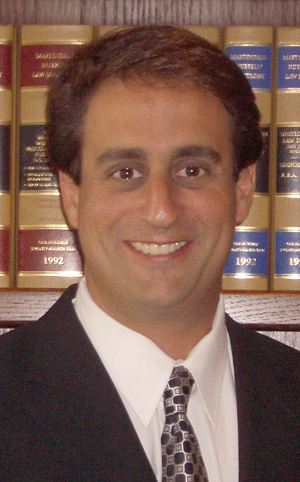The Supreme Court of Canada will scrutinize Ontario’s Civil Remedies Act after granting a Toronto-area man leave to appeal an Ontario Court of Appeal decision that backed the seizure of his property.

Police found Robin Chatterjee in 2003 in a vehicle, carrying $29,020 in cash and equipment often used in marijuana grow operations, but he was not charged.
The Attorney General’s Office later seized the cash and equipment under the CRA, which Chatterjee argues treads into federal jurisdiction. He also claims the law violates the Charter of Rights and Freedom’s presumption-of-innocence guarantee.
A Superior Court judge turned down Chatterjee’s constitutional challenge, a ruling the Ontario Court of Appeal affirmed in May 2007.
James Diamond, one of Chatterjee’s lawyers, says his client is pleased by the Supreme Court’s Dec. 20, 2007 decision to hear the challenge.
“If provinces can legislate into the criminal sphere, that presents a possible slippery slope for the future,” Diamond tells Law Times.
A number of other provinces have legislation similar to Ontario’s Civil Remedies Act, and Diamond says the constitutionality of all those laws could be in jeopardy if the Supreme Court agrees with Chatterjee’s challenge.
“Any attempt by provinces to piggyback . . . is outside the ambit of provincial jurisdiction,” says Diamond.
Ontario’s Civil Remedies Act came into effect in 2002. It allowed the province to seize assets if it can prove on the balance of probabilities that the assets were obtained “in whole or in part” due to illegal activity. The act aims to compensate crime victims, remove property obtained through crime, and prevent property from being used in crimes.
The Ministry of the Attorney General’s application of the law came into question last year, as a noticeable increase in its use led to allegations of government backing police misconduct and wrongly using the CRA as a source of revenue.
Paul Burstein, who represents intervener The Criminal Lawyers’ Association, calls the Civil Remedies Act a “shameless effort” by the province to step into criminal law matters. He says the Supreme Court likely wanted to take on this case as one that deals with a matter of national interest - the division of powers - in light of the similar legislation found countrywide.
“I’m sure the Supreme Court saw this as a good, early opportunity to give a final answer to challenges that would arise in all of those different provinces until the Supreme Court passed final judgment on whether this type of legislation was constitutionally valid.”
Brendan Crawley, a spokesperson for the Ministry of the Attorney General, says he can’t comment on the case beyond what the lower courts have ruled.

 Police found Robin Chatterjee in 2003 in a vehicle, carrying $29,020 in cash and equipment often used in marijuana grow operations, but he was not charged.
Police found Robin Chatterjee in 2003 in a vehicle, carrying $29,020 in cash and equipment often used in marijuana grow operations, but he was not charged.